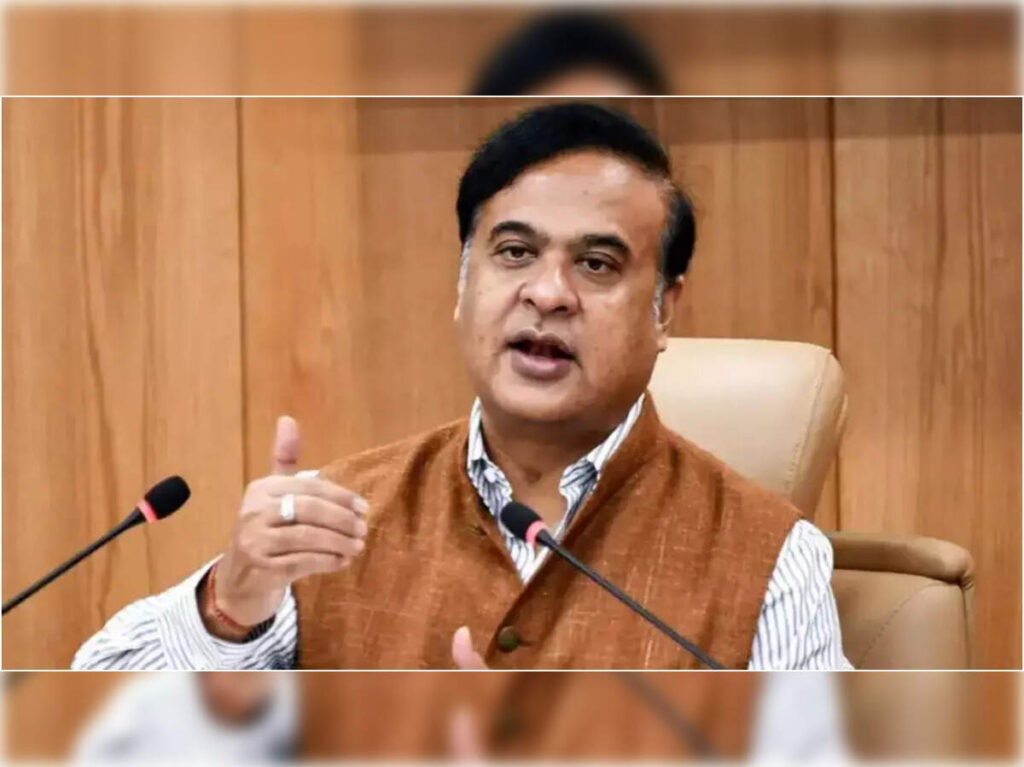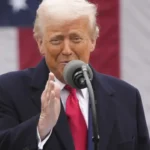By D. Raja
The developments following the horrific terrorist attack in Pahalgam (Jammu & Kashmir), which claimed the lives of 26 civilians including tourists, have brought to fore a number of pressing concerns: national security, civil liberties, democratic accountability, regional peace and imperialist overreach. In the aftermath of the attack, Indian armed forces launched a targeted counter-offensive named Operation Sindoor, striking terrorist infrastructure in Pakistan and Pakistan-occupied Kashmir.
In such moments, a nation’s response must go beyond military retaliation. It must reflect unity, inclusivity, and a commitment to constitutional values. Critical questions must be asked, not only about the perpetrators of terror but also about lapses in intelligence and the broader policy direction. The need for an all-party meeting, a tradition in times of national security crisis, was obvious. However, the government’s decision to exclude opposition parties using arbitrary criteria, while extending invitations selectively, undercut the spirit of democratic consultation. That the Prime Minister himself chose not to attend any such meetings raises further questions about accountability at the highest level.
At the same time, caution was raised that the professionalism and courage of the armed forces must not be politicised or communalised. There is a dangerous trend wherein right-wing forces attempt to appropriate military action for political mileage, often using it to stoke hypernationalism or target minorities. The valour of our forces must be honoured through institutional dignity, not through chest-thumping spectacles or communal innuendo. Any attempt to divide the country along religious lines under the guise of national security only aids the cause of terrorism.
Cross-border shelling that followed the operation led to civilian casualties, particularly in the border regions like Poonch. Amidst grief, a mature and sober national conversation is imperative. It was therefore unfortunate that certain media platforms used this moment to spread communal propaganda. Rather than countering divisive narratives, sections of the media indulged in scapegoating minorities and fuelling a polarized atmosphere. In sharp contrast, independent journalism attempted to uphold the values of truth and restraint. The blocking of one such platform, The Wire, without due process or public explanation, was a disturbing development.
While the excesses of partisan media remain unchecked, the targeting of platforms known for critical and investigative journalism reflects a pattern of silencing dissent and shrinking democratic space. The principle at stake is not of one outlet, but of the freedom of the press itself. In a democracy, even in moments of crisis, it is dissenting voices and critical scrutiny that prevent the descent into authoritarianism. The selective application of censorship, often without transparency or accountability, erodes public trust and strengthens the perception of a government increasingly intolerant of criticism.
Even as military action unfolded and retaliatory shelling intensified, a sudden announcement came — a ceasefire agreement between India and Pakistan. The agreement brought some relief, especially to border communities. However, questions loom large over who brokered the ceasefire and why. The United States President Donald Trump publicly claimed credit for facilitating the agreement, even preceding official announcements from either of the governments of India or Pakistan. This disclosure was not refuted. Instead, Indian officials, including the Prime Minister, maintain a vague position that the ceasefire was a bilateral decision, even as they refused to explicitly deny the US claim of mediation or condemn it.
This has serious implications. If an external power—particularly the United States, with a historical record of fuelling instability, interference and militarism—has indeed mediated or pressured both sides into a ceasefire, it challenges the longstanding principle of bilateral resolution of India-Pakistan issues and amounts to erosion of sovereignty. The Simla Agreement of 1972, a cornerstone of that principle, stands undermined through such actions. Moreover, it invites external interference in South Asia under the pretext of peace, while serving strategic and economic interests of the imperialist powers that are against peace and prosperity for the region.
This episode also highlights the changing face of imperialism. No longer confined to overt military interventions or colonial occupation, imperialism today wears the garb of trade, diplomacy, and ‘mediation.’ Trump’s announcement exposed their own hypocrisy when it comes to fostering peace and stability in the world. The same US administration is aiding a genocide in Palestine in search for profits and influence. Trump’s concurrent declaration of increasing trade with both India and Pakistan reveals the real driver behind this mediation: profit. Peace or war—both are commodified and used to further the interests of imperialist powers and their military-industrial complexes.
It is especially revealing that the International Monetary Fund, heavily influenced by the U.S., announced a loan of one billion dollar to Pakistan amid the conflict. Given the context, a large part of this money is likely to be spent on defence and military procurement. This creates a vicious cycle: imperialist powers arm both sides, fuel tensions, broker ceasefires, and then expand trade and influence under the guise of peace-building.
The implications for India’s sovereignty are stark. Strategic autonomy cannot coexist with external interference in matters of war and peace. Nor can it tolerate silence when international actors take liberties in shaping the subcontinent’s future. The Indian government’s failure to condemn or even question this interference sets a dangerous precedent. It not only dilutes India’s sovereignty and diplomatic standing but also opens the door to further internationalisation of internal matters, including Kashmir.
True national security rests not only in missiles and surveillance but in the unity and democratic strength of the people. It calls for transparency, dialogue, and inclusion. A special session of Parliament must be convened to answer critical questions: What were the diplomatic engagements behind the ceasefire? What was the nature of US involvement? What are the terms of the proposed trade expansions? How does this affect India’s strategic autonomy and our own economy?
In final analysis, this entire episode—from terror attack to military response, from censorship to ceasefire—reveals the complex web of militarism, propaganda, imperialism, and political opportunism. The challenge before the country is not merely to respond to terrorism but to do so in a manner that safeguards democracy, preserves sovereignty, and upholds the values of secularism and justice. Only a collective, transparent, and people-oriented approach can ensure lasting peace in the region. Without it, the cycle of violence, interference, and manufactured consent will continue to turn, driven not by the needs of people, but by the greed of global powers. (IPA Service)

 From Fire To Fizzle – President Trump Has To Take A U-Turn In His Global Tariff War
From Fire To Fizzle – President Trump Has To Take A U-Turn In His Global Tariff War 